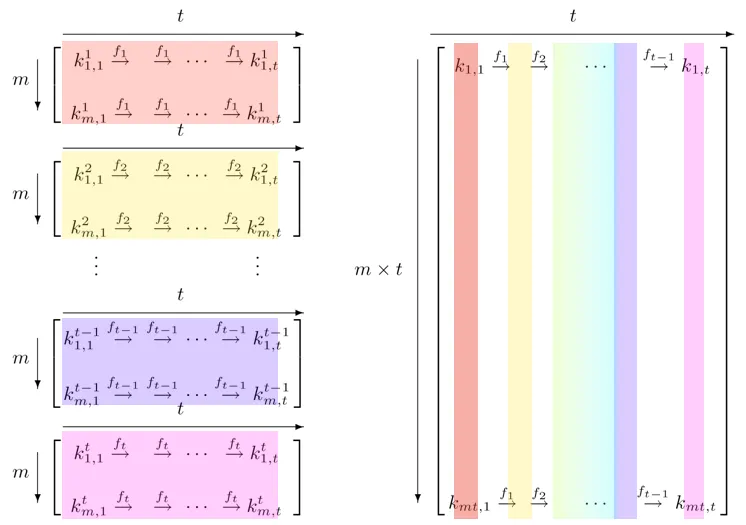ARPANET and DARPANET: Pioneering the Path to the Internet Age
Introduction:
In this article, we embark on a journey back in time to explore the origins, development, and impact of ARPANET and its successor, DARPANET. These groundbreaking projects laid the foundation for the internet as we know it today, revolutionizing communication and shaping the digital landscape. Join us as we unravel the history, inventor, usages, and enduring legacy of these pioneering networks.
The Birth of ARPANET:
In the late 1960s, the Advanced Research Projects Agency (ARPA), now known as DARPA (Defense Advanced Research Projects Agency), initiated the development of ARPANET. The visionary mind behind this project was Dr. J.C.R. Licklider, who envisioned a network that would connect computers across different locations, facilitating the exchange of information and fostering collaboration.
Inventor and Key Contributors:
Although Dr. Licklider laid the groundwork, it was a team of dedicated researchers and scientists who brought ARPANET to life. Notable figures include Dr. Robert Taylor, who oversaw the project at ARPA, and a team of talented individuals from institutions such as Stanford University, MIT, and the University of California, Los Angeles (UCLA). Their collective efforts paved the way for the birth of the first true computer network.
Usages and Early Impact:
ARPANET was initially designed to connect four nodes: UCLA, Stanford Research Institute (SRI), the University of California, Santa Barbara (UCSB), and the University of Utah. The network utilized packet switching technology, allowing for the transmission of data in small packets. Initially used for research and military purposes, ARPANET quickly demonstrated its potential for real-time communication, file sharing, and remote access to resources.
Legacy and Evolution into DARPANET:
As ARPANET continued to evolve and expand, it transitioned into DARPANET, which introduced more advanced protocols and security measures. The network grew to encompass additional nodes, including government and military installations. DARPANET played a crucial role in facilitating communication and data exchange, particularly during the early stages of the Cold War.
Impact on the Digital Landscape:
The impact of ARPANET and DARPANET cannot be overstated. These networks laid the foundation for the internet, paving the way for subsequent advancements in technology and communication. The development of protocols such as TCP/IP, which allowed for the seamless integration of networks, was a significant milestone. The birth of email, file transfer protocols, and remote login capabilities forever changed the way humans interacted with computers.
Enduring Legacy:
The legacy of ARPANET and DARPANET is evident in the pervasive presence of the internet in our modern lives. These networks set in motion a technological revolution, democratizing access to information and fostering global connectivity. The principles of open standards and collaboration that guided the development of these networks continue to shape the internet landscape, enabling innovation, entrepreneurship, and the free flow of knowledge.
Conclusion:
ARPANET and DARPANET represent the pioneering spirit of innovation and collaboration that laid the groundwork for the internet age. The visionary thinkers and dedicated researchers behind these projects transformed the way we communicate, share information, and conduct business. Their legacy lives on in the vast digital landscape we navigate today, reminding us of the power of human ingenuity and the limitless possibilities that arise from connecting minds across the globe.






Post Comment